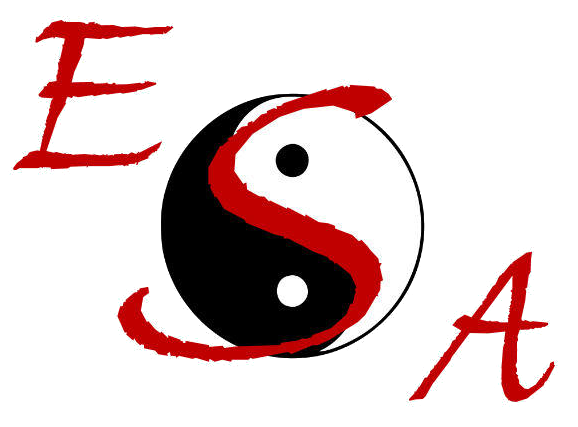This weekend my wife and I enjoyed a nice get-away in Connecticut at a beautiful bed and breakfast (www.19rockhallroad.com). It was only two nights but it was just the kind of vacation we needed – simple and relaxing. This morning as I prepared to tackle another week “at the office” I started thinking about the importance of vacations in relation to our healthcare.
Regardless of the main reason a patient comes in to see me in the first place I find that a majority of my patients report high levels of stress. I don’t believe that stress is necessarily the cause of most diseases, but it certainly contributes. It can also be an obstacle in the healing process. Therefore managing stress is a great way to improve health and quality of life.
I think a great way to reduce stress is to take a vacation. It can be a two week trip to Europe or a two night stay somewhere near by. As long as you can remove yourself from those parts of life that cause you stress it doesn’t matter. But here’s the catch: many of us bring our stress with us on vacation. That could be literal if your kids cause you stress. Or maybe your boss calls you three times a day and you feel like you never left the office even if you are sitting on a sunny beach. Sometimes it isn’t that obvious – maybe instead of relaxing you are thinking about some of the problems you will be facing when you get back home. Or maybe with every dollar you spend you stress out about your financial situation.
So maybe travel vacations are not a great way to manage stress. But let’s think of vacations in a broader sense. The definition of vacation according to Merriam-Webster dictionary: “1: a respite or a time of respite from something : intermission. 2a: a scheduled period during which activity (as of a court or school) is suspended.” In these definitions travel is not required. All that is needed is a break from the everyday hustle and bustle of life.
Instead of planning elaborate week-long adventures a vacation can be something you do every day. Great options are meditation, yoga, tai chi/qigong. They don’t need to take up a lot of time and with the exception of taking classes are not expensive. Many people find exercise to be a great stress reliever too. Hobbies are also a great way to take a daily “vacation”. Regardless of what you do the important part is to give yourself 15-30 mins a day of “me time”. Turn off the cell phones and let your family know that you are not to be disturbed.
This strategy may seem counter-intuitive when a busy schedule is the cause of stress. But give it a try for a week or two. You may find that de-stressing for 15 minutes of the day earns you an extra productivity because you will be able to handle your busy schedule better without the stress.
And, of course, consider incorporating acupuncture into your stress management routine, maybe every few weeks or once a month. Most people wouldn’t think of acupuncture as being a relaxing activity, mainly because of the whole needle thing. But the reality is that most of my patients find their treatments to be very relaxing. The needles don’t hurt and the treatment stimulates the release of endorphins, the body’s own “feel good” chemicals. And being in a quiet room with soft music playing with no distractions just increases the sensation of tranquility. It makes for a great vacation from day to day life.
When I treat patients with high stress (either their main complaint or secondary to other health issues) they often report within the first few sessions that they handle stress better. Those inescapable realities of life are still there but instead of creating stress and ruining a day, those issues can be dealt with (when possible) or just don’t impact them the same way anymore. They are happier, more productive, and also important – they are less quick to anger or snap at their loved ones so the whole household is happier.
So next time you find yourself getting stressed out ask yourself if it’s time for a vacation.



